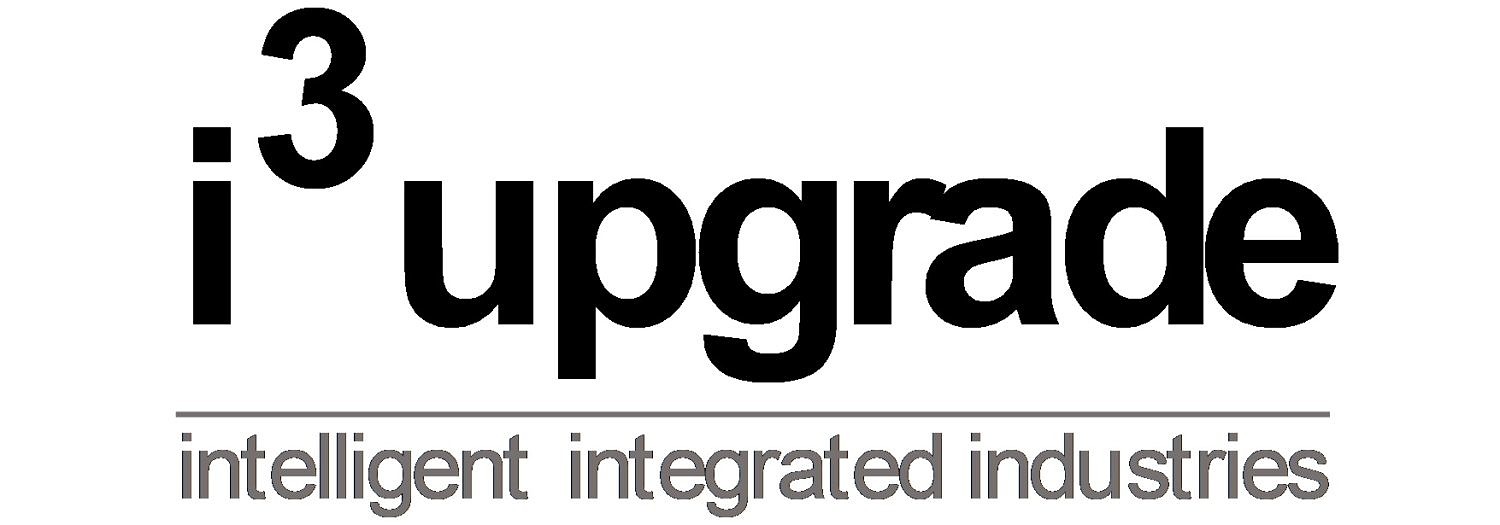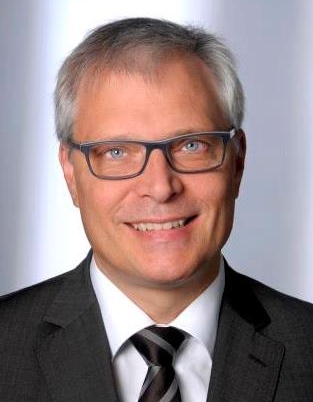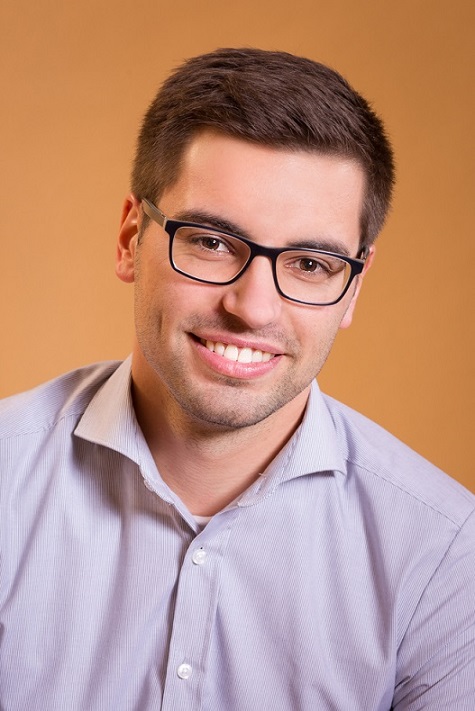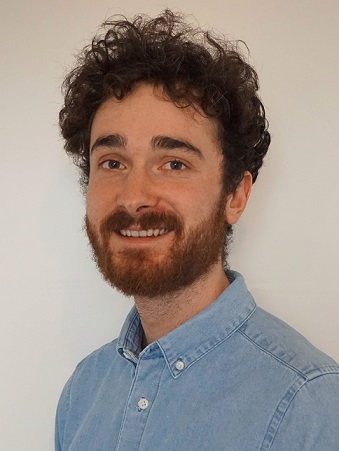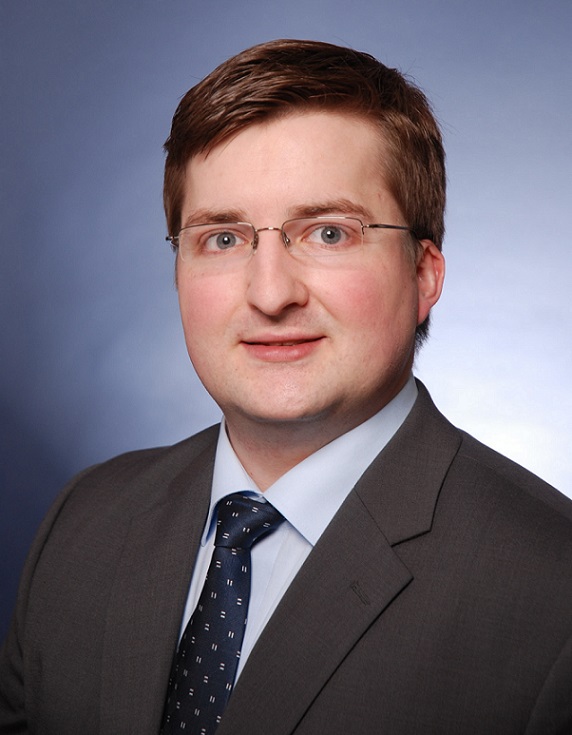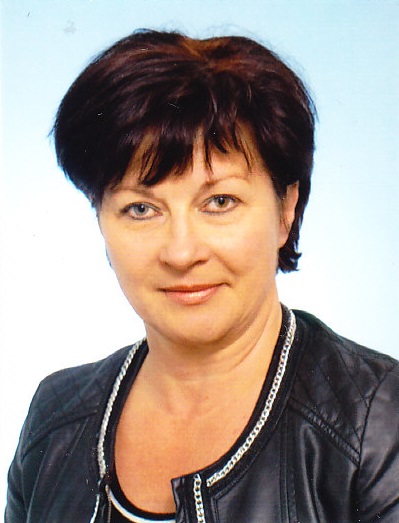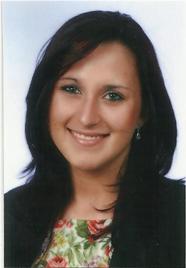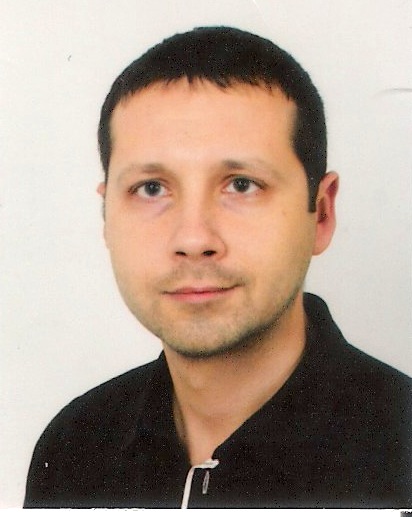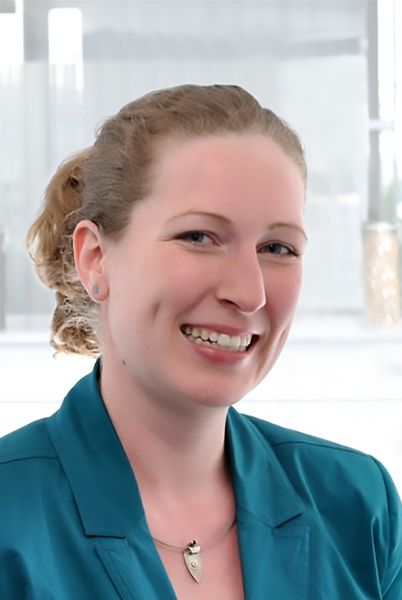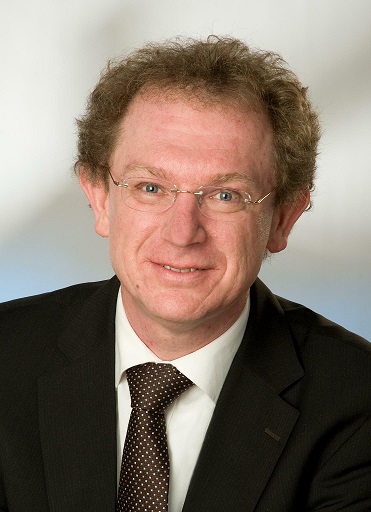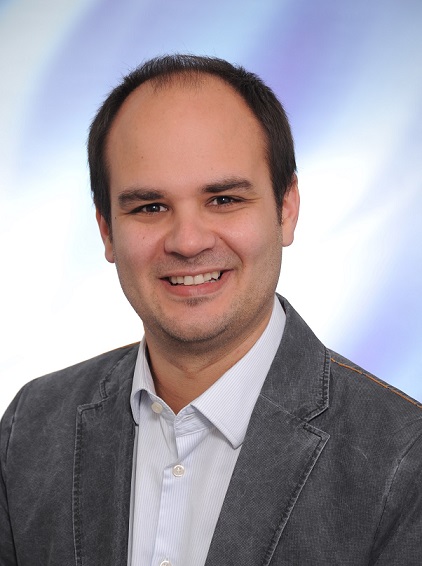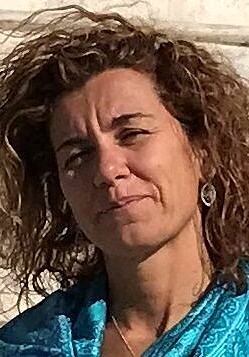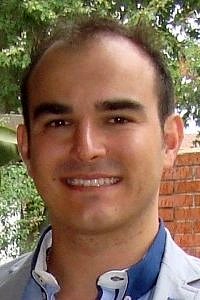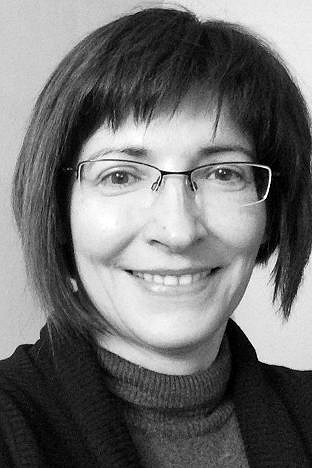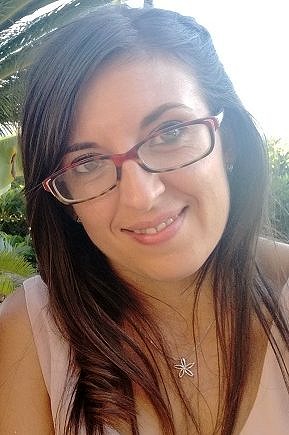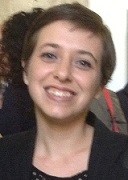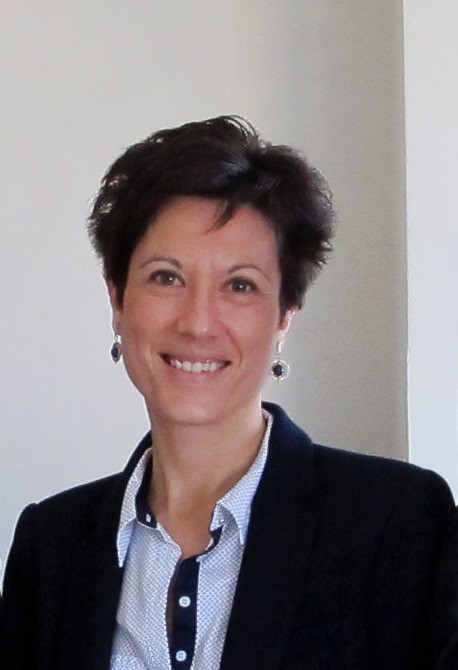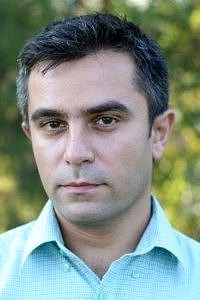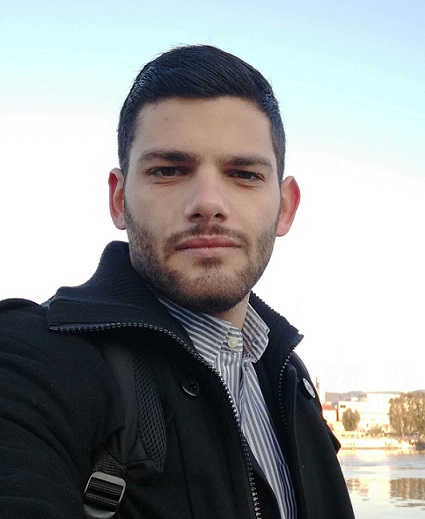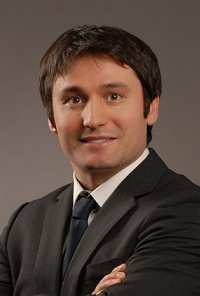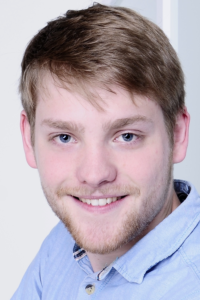Partners


The topics and challenges mentioned above are investigated experimentally as well as simulation-based at EVT. The laboratory facilities (including catalytic and biological methanation, the heat pipe reformer and a SOFC / SOEC test rig) are designed for flexible operation on a scale of a few watts up to 100 kW. The simulation-based work includes not only the calculation of cyclic processes (ASPEN, IPSEpro) but also CFD simulations (Fluent) and agent-based modelling (AnyLogic, Simile).
Contact
Prof. Dr.-Ing. Jürgen Karl
Friedrich-Alexander University Erlangen-Nürnberg
Chair of Energy Process Engineering
Alexander Hauser, M. Sc.
Friedrich-Alexander University Erlangen-Nürnberg
Chair of Energy Process Engineering
Sebastian Kolb, M. Sc.
Friedrich-Alexander University Erlangen-Nürnberg
Chair of Energy Process Engineering
Dr.-Ing. Peter Treiber
Friedrich-Alexander University Erlangen-Nürnberg
Chair of Energy Process Engineering

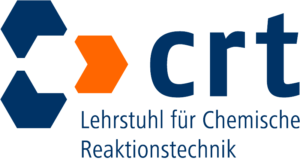
FAU(CRT) left the project on 31.08.2021
The Institute of Chemical Reaction Engineering (CRT) at Friedrich-Alexander University Erlangen-Nürnberg consists of three research groups that complement each other in research and education. The research activities have a common objective: the development of innovative concepts for the implementation of highly selective catalytic reactions and their realization in continuous processes. One special research focus of Prof. Freund’s research group Catalytic Reactors and Process Technology involved in this project is on the model-based design of optimal catalytic reactors for the development of energy and resource efficient chemical processes. For this purpose, methods and tools of conceptual reactor/process design, analysis and optimization are combined with detailed simulations for the computer-aided catalyst support design.

The Central Mining Institute (GIG) is a research institute, established 1925. Basic areas of GIG activity:
- Mining and geoengineering;
- Occupational safety in the industry;
- Environmental engineering;
- Materiał engineering;
- Certification, attestation, integrated management system
- Training and education
Notifying Body No. 1453 of the European Union within the range of the 5 directives.
The key area of the Institute’s activities is safety at work. As a result of our work, organisational and technical solutions to minimise hazards and to increase the improvement of safety at work in mines are implemented. The experimental range of the Experimental Mine “Barbara” is the only facility in Europe where tests on the explosions of gases and dusts in real conditions as well as tests of devices and equipment intended for use in explosive atmospheres may be carried out.
Institute is mainly involved in activities on the implementation of the principles of sustainable development in the field of mining and energy technologies, especially in the area of low-carbon economy and post-mining area management. Our Clean Coal Technologies Centre is a modern laboratory-research complex with an overall usable floor area of over 9000 m2, which enables experiments at different scales to be carried out – from basic laboratory tests to pilot-scale research.
The Institute also has extensive experience in the area of geoengineering and the reduction of the effects of industrial activities on the environment.
Contact
Dr. Leokadia Róg
Główny Instytut Górnictwa
Department of Solid Fuels Quality Assessment
Justyna Guzy-Proc, M. Sc. Eng.
Główny Instytut Górnictwa
Department of Solid Fuels Quality Assessment
Przemysław Rompalski, Master's Degree
Główny Instytut Górnictwa
Department of Solid Fuels Quality Assessment

voestalpine Stahl GmbH ranks among the leading suppliers of the European automotive, domestic appliance and construction industries, as well as steel construction and engineering businesses.
R&D is focused on the one hand on optimising the steel production process in regard to quality, environment and energy efficiency, and on the other hand on the development of high and highest strength steels as well as on the development of new coatings.
Contact
Dipl.-Ing. Nina Kieberger
voestalpine Stahl GmbH
Research and Development Ironmaking, Technical Department, Business Unit Slab

K1-MET GmbH is a research organization for the optimization and development of steel and non-ferrous metal processes. Owners of K1-MET are voestalpine Stahl, the Montanuniversität Leoben, Primetals Technologies Austria as well as the Johannes Kepler Universität Linz. Currently, about 50 people are employed at K1-MET and the office is split in two centers, whereas the head office is located in Linz and the branch office in Leoben at the Montanuniversität. In numerous research projects K1-MET could develop key competences in areas like process efficiency in steel production, development and operation of metallurgic lab scale and demonstration facilities, process modelling and simulation, optimization of plants and processes in the iron and steel production as well as avoidance and utilization of residual materials from metallurgic processes.
Contact
DI Katharina Rechberger
K1-MET GmbH
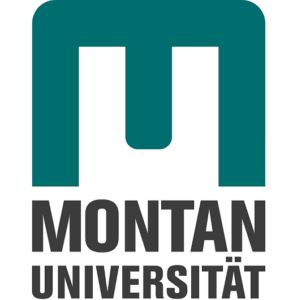
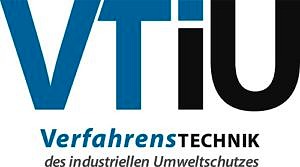
The Chair of Process Technology and Industrial Environmental Protection (Montanuniversität Leoben, MUL) works mainly on industrial gas cleaning processes, the utilization of CO2 in various process routes, as well as on the development of load-flexible methanation processes as part of the power-to-gas process chain. Several national funded projects have been successfully finished dealing with the application of the power-to-gas technology in various industrial sectors, including steel industry. A highly load-flexible methanation process has been developed utilizing newly developed ceramic honeycomb methanation catalysts.
Contact
Univ.-Prof. Dipl.-Ing. Dr.-Ing. Markus Lehner
Montanuniversität Leoben
Chair of Process Technology & Industrial Environment Protection
Dipl.-Ing. Philipp Wolf-Zöllner
Montanuniversität Leoben
Chair of Process Technology & Industrial Environment Protection
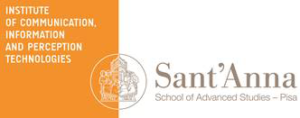

The Scuola Superiore Sant’Anna (SSSA) participates to i3upgrade through the centre of ICT for Complex Industrial Systems and Processes (ICT-COISP) of the Institute of Communication Information and Perception Technologies (TeCIP). ICT-COISP is very active in developing research programs in cooperation with process and manufacturing industries and holds an extensive expertise in the application of traditional and advanced AI-based techniques for complex industrial processes and machineries simulation, monitoring and control, including big data tools and technologies. Since 2000, the ICT-COISP team participated into 55 RFCS projects (12 ongoing and 4 as project coordinator). ICT-COISP holds a long lasting experience in modelling, simulation and optimization of processes related to the steelmaking industry.
Contact
Valentina Colla, PhD, M. Eng.
Scuola Superiore Sant'Anna
TeCIP Institue - ICT-COISP Center
Ismael Matino, PhD, M. Eng.
Scuola Superiore Sant'Anna
TeCIP Institue - ICT-COISP Center
Teresa Annunziata Branca, M. Sc.
Scuola Superiore Sant'Anna
TeCIP Institue - ICT-COISP Center
Antonella Zaccara, M. Eng.
Scuola Superiore Sant'Anna
TeCIP Institue - ICT-COISP Center
Alice Petrucciani, M. Eng.
Scuola Superiore Sant'Anna
TeCIP Institue - ICT-COISP Center

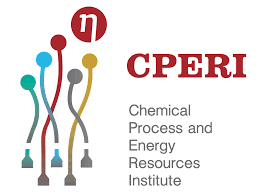
The Chemical Process & Energy Resources Institute (CPERI) is one of six institutes of the Centre for Research and Technology Hellas (CERTH), a legal, non-profit Government entity under the auspices of the General Secretariat for Research and Technology (GSRT). The mission of CERTH is to carry out fundamental and applied research with emphasis on the development of novel products and services of industrial, economic and social importance. Fields of interest include: Chemical and Biochemical Processes and Advanced Functional Materials, Environmental Friendly Technologies for Solid Fuels and Alternative Energy Sources. CPERI/CERTH has extensive experience in catalyst development and catalyst reaction engineering for several processes. Throughout its lifetime CPERI has acquired excellent analytical instrumentation and developed state-of-the- art experimental units and setups, valued at several million Euros. CPERI/CERTH has participated successfully in 167 competitive research projects, with a total annual budget of 25-30 M€. R&D projects implemented by CPERI/CERTH have been carried out in collaboration with more than 100 research institutions and more than 200 companies in Greece and throughout the world.
Contact
Ass. Prof. Dr. Eleni Heracleous
Chemical Process & Energy Resources Institute, Centre for Research and Technology Hellas
Laboratory of Environmental Fuels and Hydrocarbons
Dr. Kyriakos Panopoulos
Chemical Process & Energy Resources Institute, Centre for Research and Technology Hellas
Laboratory of Process Systems Design and Implementation
Michael Bampaou, M. Eng.
Chemical Process & Energy Resources Institute, Centre for Research and Technology Hellas
Laboratory of Process Systems Design and Implementation

AIR LIQUIDE Forschung und Entwicklung GmbH (ALFE) is one of nine R&D Centers within the AIR LIQUIDE Group. ALFE focuses on innovative methods for the generation and application of industrial gases in areas like synthesis gas, gas purification, hydrogen mobility or the production of basic chemicals. Special competencies are in the scale-up of results from numerous pilot plants in large scale and in close collaboration with internal and external partners from industry and science. The scope of activities covers exploratory research, starting from fundamental understanding of the process chemistry via bench and pilot plant tests up to demonstration units as the final step prior to commercialization at industrial scale. This is frequently realized in cooperation with other partners from industry, public R&D institutions, universities and business lines. Therefore, ALFE is working in close relationship with the Air Liquide´s Frankfurt HUB-European Industries. Through the competencies and engagement of ALFEs people, ALFE is proud to to be part and parcel of the renowned German ecosystem of academics and large chemical companies in order to support Air Liquide’s ambition of being the leader in its industry to deliver long term performance and act responsible.
Contact
Dr. Stéphane Haag
AIR LIQUIDE Forschung und Entwicklung GmbH (ALFE)
![]()
TUDO joined the project on 01.09.2021
The research activities of the Chair of Reaction Engineering and Catalysis (REC) at TU Dortmund University aim at developing innovative concepts for the implementation of highly selective catalytic reactions and their realization in continuous reactors and processes. Special focus of RECs research in this project is on the model-based design of optimal catalytic reactors for the development of energy and resource efficient chemical processes. For this purpose, methods and tools of conceptual reactor and process design, analysis and optimization are combined with detailed simulations for the computer-aided catalyst support design.
Contact
Prof. Dr.-Ing. Hannsjörg Freund
TU Dortmund University
Chair of Reaction Engineering and Catalysis
Moritz Langer, M. Sc.
TU Dortmund University
Chair of Reaction Engineering and Catalysis
David Kellermann, M. Sc.
TU Dortmund University
Chair of Reaction Engineering and Catalysis
